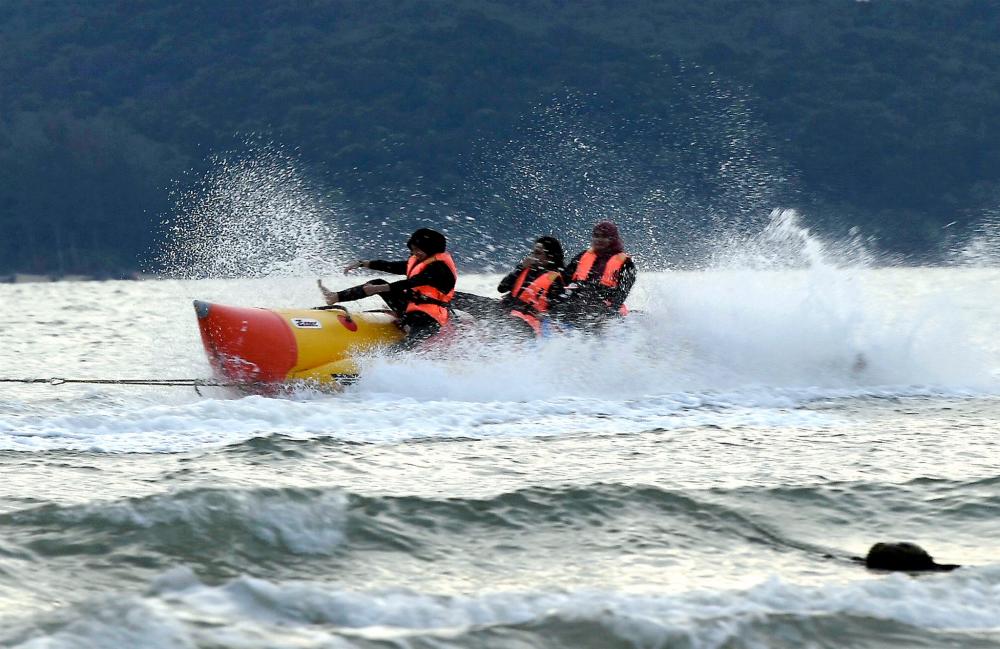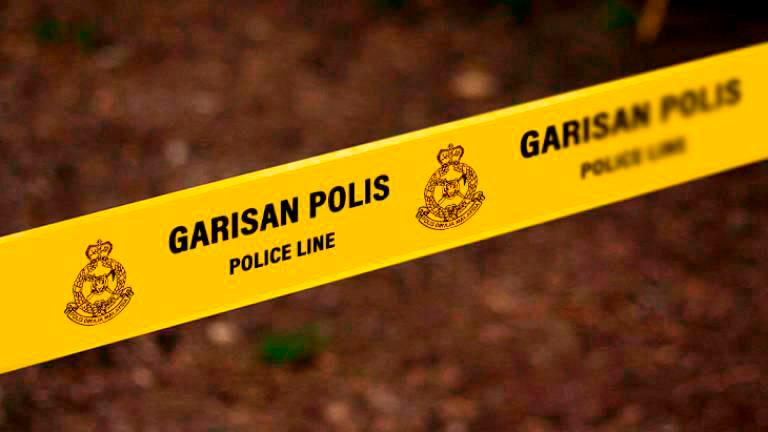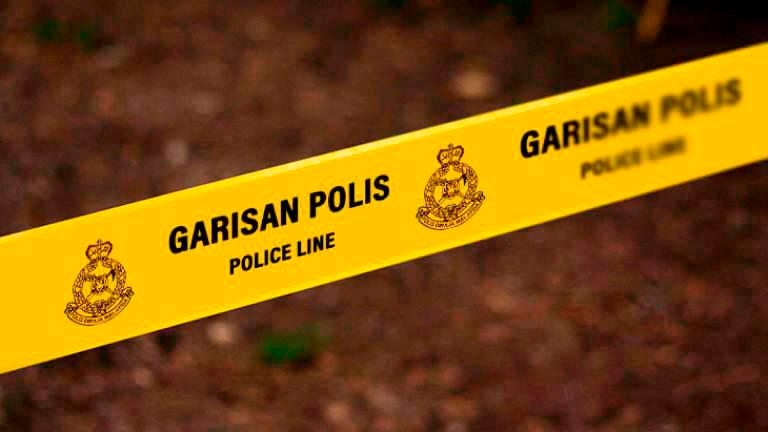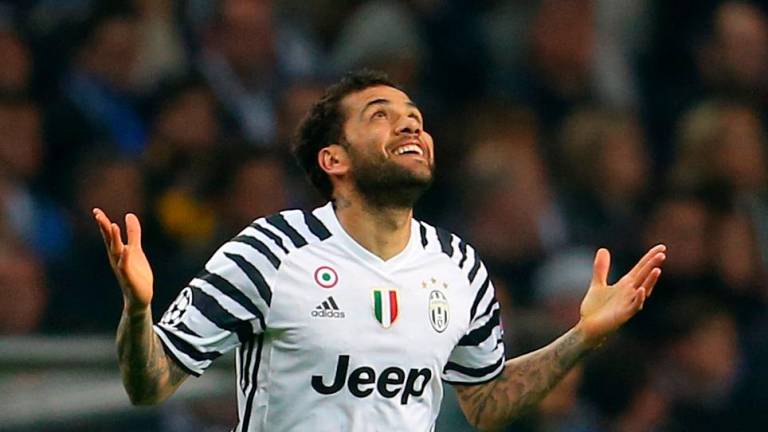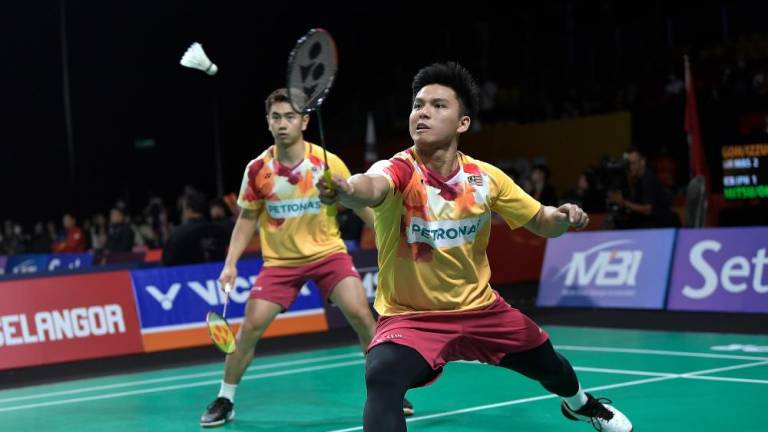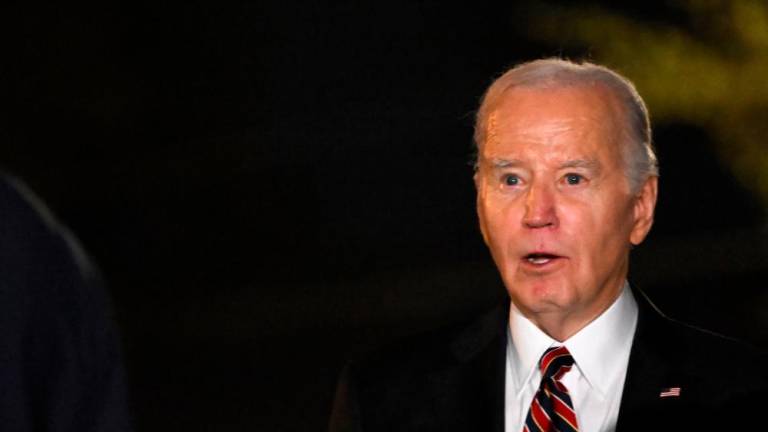PETALING JAYA: Apart from a few kinks, the reopening of Langkawi to domestic tourists has raised hopes of more such travel bubbles.
Especially for those in the tourism sector, business in car and van rental services as well as tour packages have been brisk.
Malaysian Association of Tour and Travel Agents president Tan Kok Liang said strict observance of standard operating procedures (SOP) at entry points such as the airport and ferry terminal renders confidence to tourists to visit the resort island.
Given the success in Langkawi, he said the government should extend the travel bubble initiative to include other destinations.
“Just ensure that the SOP is strictly observed. The government should not wait too long before making a decision on reopening other tourist spots.”
The tourism sector has been among the worst hit by the pandemic. Many hotels and resorts have closed down, leaving thousands jobless. Tour agencies and other service providers have also been badly affected.
Tan said the travel bubble plan is vital to help the industry get back on its feet.
However, he said depending on domestic tourists alone was not sustainable in the long run.
“The government must start to work on plans now to reopen our borders to international tourists,” he said, pointing out that Singapore was already doing so and Thailand has been welcoming tourists to its resort island of Phuket.
Langkawi was open to fully vaccinated local tourists on Sept 16 under the travel bubble programme.
Malaysia Budget and Business Hotel Association (MyBHA) deputy president Dr Sri Ganesh Michiel described the reopening of Langkawi as “a shot in the arm” for tourism.
However, he said a price war has made it difficult for budget hotels to compete with four and five-star hotels.
“These hotels are dropping rates to just over RM100. How can we compete with such pricing?”
MyBHA national legal and ICT bureau deputy chairman Datuk Noor Azly Che Rosly said the occupancy rate at budget hotels now stood at about 20%.
He said some luxury hotels had halved their rates, a strategy that budget hotels cannot afford to implement.
“We cannot go below a minimum rate to stay sustainable.”
He said rates at budget hotels are now about RM120, but luxury hotels are charging about RM180.
“If you’re on a holiday, which would you choose?”
Sri Ganesh said travel agents also prefer to deal with big hotels because they offer higher commissions.
He added that budget hotels would not survive with a reduction of their already low rates.
He said if rates continue fall, budget hotels might not be able to afford to carry out works such as sanitisation.
“The high-end hotels have an occupancy rate of about 80% while budget hotels struggle to get guests. I hope this is only temporary.”
Sri Ganesh said the government should also allow other tourist destinations such as island and hill resorts to reopen.
“The longer we wait, the harder it would be for them to attract visitors. By then, most people would have already had their much needed break in Langkawi.”
He said islands such as Redang and Tioman only have a month-long window to generate revenue before the northeast monsoon season, making visits almost impossible for up to three months.
“Destinations in the cities can wait. We must reopen these islands now,” he added.



